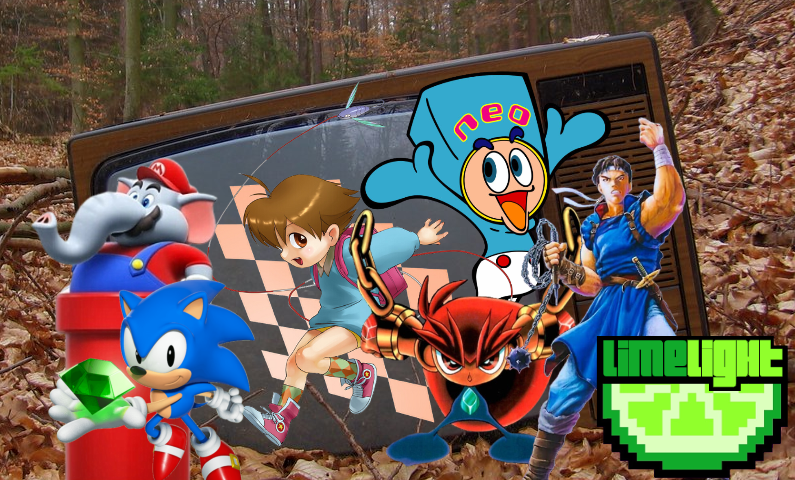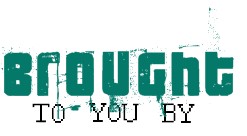
 he 1970’s were famous for a lot of things: the birth of whole entire music genres that ranged from Disco to Punk Rock, the Watergate scandal, and a certain living room pastime that would go on to change the entertainment medium forever—Video Games. It wasn’t long before these interactive television media programs made their way from the arcades to households across the country in the latter half of the Seventies, all thanks in part to a certain company that would help pioneer the blooming industry, Atari.
he 1970’s were famous for a lot of things: the birth of whole entire music genres that ranged from Disco to Punk Rock, the Watergate scandal, and a certain living room pastime that would go on to change the entertainment medium forever—Video Games. It wasn’t long before these interactive television media programs made their way from the arcades to households across the country in the latter half of the Seventies, all thanks in part to a certain company that would help pioneer the blooming industry, Atari.
Years removed though, the Atari brand is seen as nothing more than a relic after its rise, and gradual fall—clinging on to nothing more than nostalgia for the remaining players who remember those early generations in their prime and get excited at the mention of the name. While the Atari line has enjoyed a second life in the aftermarket with a booming homebrew market and enthusiast media scene that’s fostered on by platforms like AtariAge and AtariMania, the company itself has gone mostly dormant through a series of mergers and extensions before quietly filing for bankruptcy in 2013.
Since then, the remnants of Atari, now named Atari SA have carried on with splintered releases of the remaining IPs in their possession like RollerCoaster Tycoon and Lunar Lander for the PC and mobile markets. The output was modest, as R&D worked on various projects while the company continued to earn royalties from its licensing deal with AtGames and their Flashback line of plug-in consoles. Sometime in 2017, however, a new management recruit by the name of Feargal Mac Conuladh was able to greenlight plans for a new Console-PC hybrid with an exclusive digital storefront codenamed the Atari Box. After years of sparse communication on the project and questionable crowdfunding campaigns to finish the production of the console, the Atari VCS has now officially launched to the public.
The question remains as to whether or not Atari can deliver on a product that can offer more than a fleeting sense of nostalgia that’s arguably just too dated to enjoy again. From my time spent with the machine, my answer isn’t as cut and dry as I would have ideally liked it to have been. I think the potential for the Atari VCS to deliver a different gaming experience is certainly there, especially when comparing it to contemporary upstarts that came before it like the Ouya and GameStick, who both originally promised something very similar and ultimately failed to live up to that promise. A number of shortcomings in the unit’s overall performance, however, unfortunately holds that potential, back and Atari’s subsequent management of the platform leave a sizable bit more to be desired. The VCS has too much running against it in the face of its low-end price point of $299.99 for just the base console without controllers, and the higher $399 asking price for the system and controller bundle—with the low-end being the same retail cost of a Nintendo Switch.
Click to read more ...

 ey all, with the incoming flood of “October 31st Vs November 1st” memes hitting the timeline, we are vastly approaching the Holidays, and with that, I think it’s time we usher in the first Limelight block in years—aptly titled, Har-Fest Month!
ey all, with the incoming flood of “October 31st Vs November 1st” memes hitting the timeline, we are vastly approaching the Holidays, and with that, I think it’s time we usher in the first Limelight block in years—aptly titled, Har-Fest Month!














 Press Pause Radio
Press Pause Radio 

















